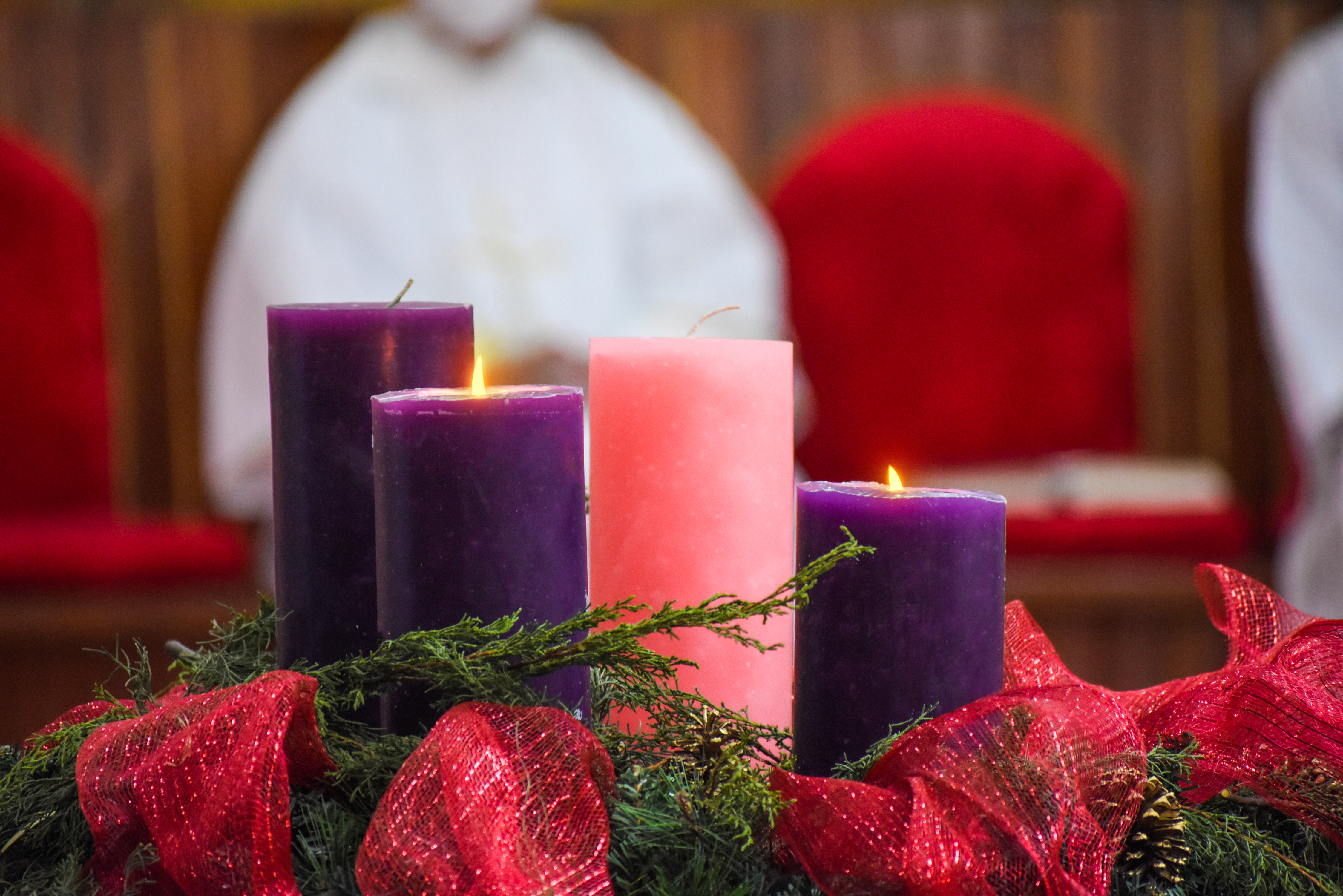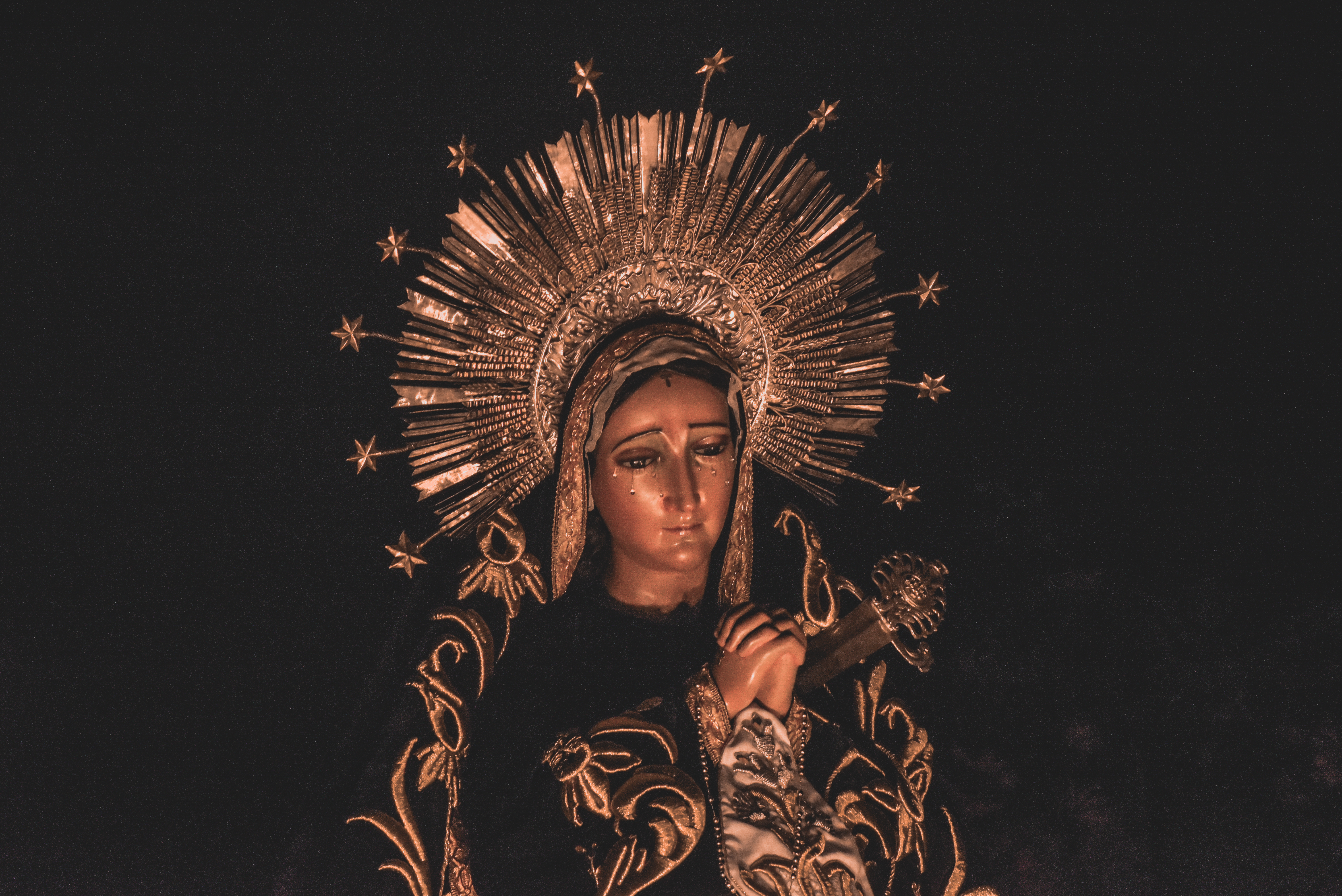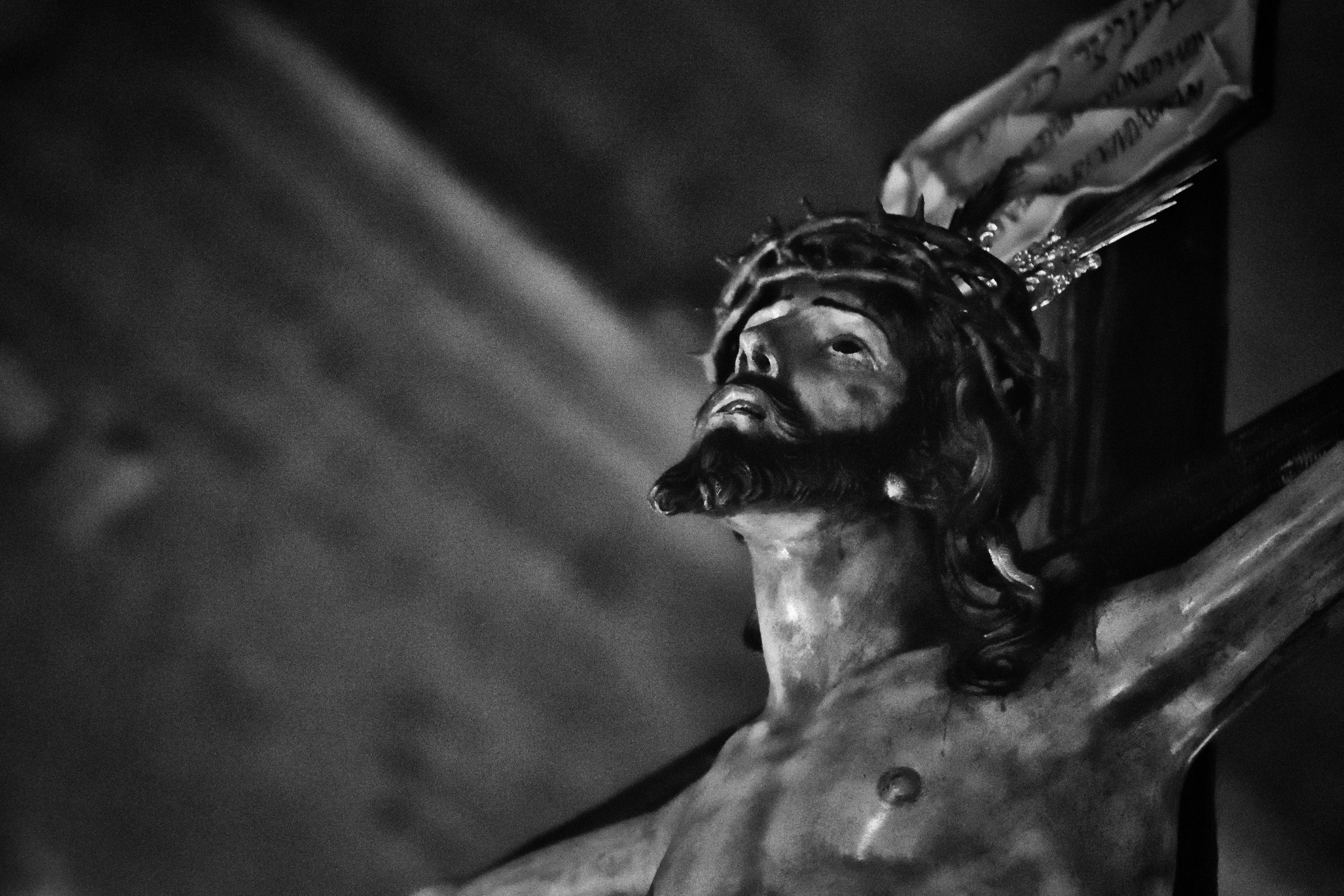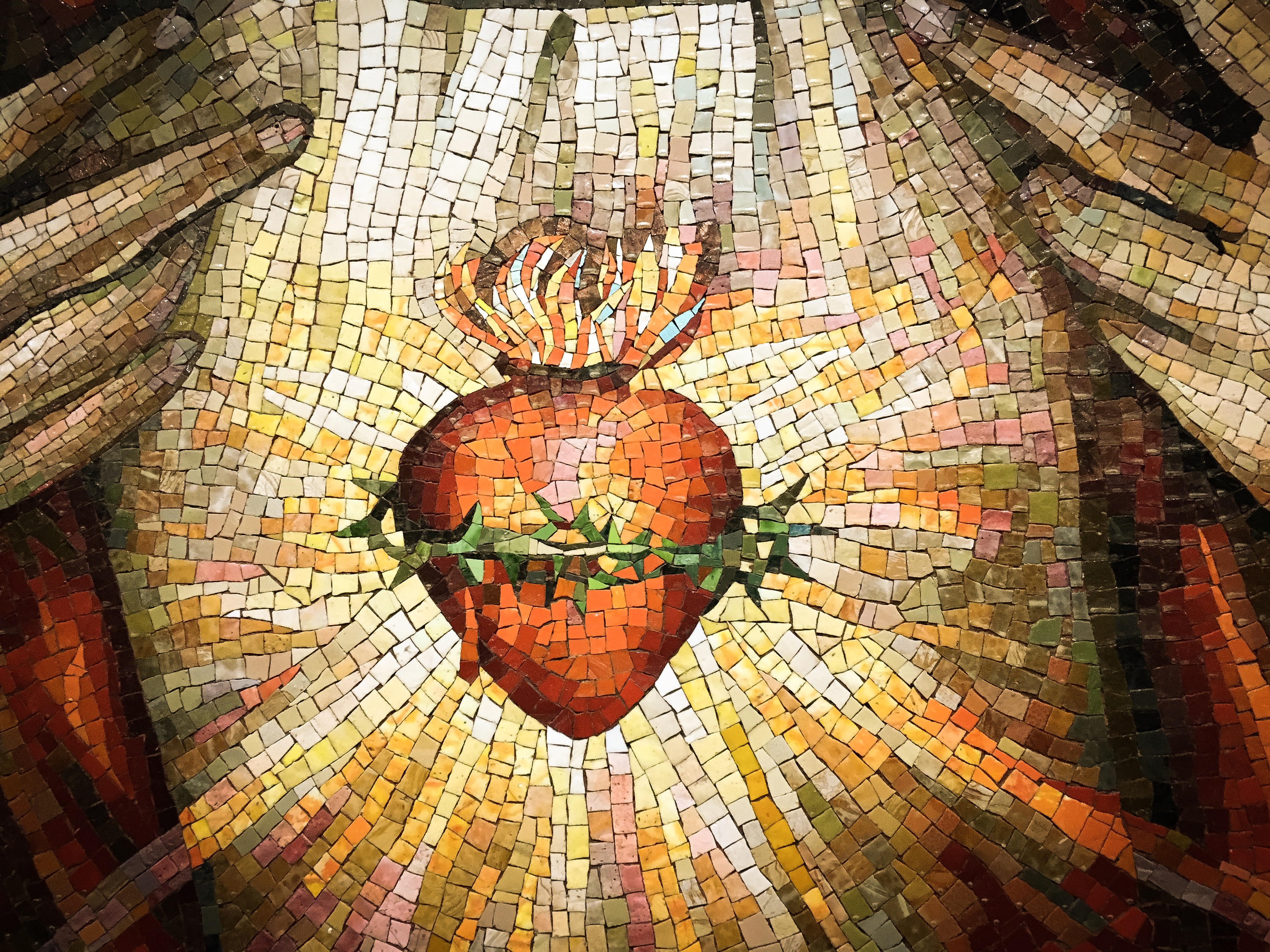Today’s readings remind us of what faith is and call us on to greater faith. The author of Hebrews defines faith by saying it is the “realization of what is hoped for and evidence of things not seen”. We are reminded of Abraham’s faith in God and the importance of faith in fulfilling the covenants between God and His people. Covenant fidelity on the part of God’s people is measured by their faith. That is, when God’s people keep their promise to remain faithful to Him, God bestows upon His people abundant blessings. Abraham trusts in God’s faithfulness to the covenant and because of that was willing to risk his son Isaac’s life. In doing so, Abraham shows his own faith to the covenant and God rewards him by sparing Isaac. We are called to have the faith of Abraham. We are called to recognize God’s faithfulness to us and, in turn, to surrender ourselves to His will, for He will never abandon us.
In the Gospel we encounter a scene of the disciples expressing fear in the face of danger and death. Jesus’ response to the fear of the disciples is “Why are you terrified? Do you not yet have faith?” Along with posing these questions to them, Jesus gives the disciples a sign pointing to who He is. He calms the storm that caused their fear. By calming the storm, Jesus shows the disciples that He is with them and that they have nothing to fear while He is by their side. When we trust that Jesus is with us, we are able to surrender to Him and allow Him to care for us. This is the faith of Abraham and it is the faith that Jesus longs for us to have in Him.
As we celebrate the Feast of St. Thomas Aquinas today, may we be inspired by his faith in Christ, seek to imitate his faith, and pray using St. Thomas’ words: “Grant me, O Lord my God, a mind to know you, a heart to seek you, wisdom to find you, conduct pleasing to you, faithful perseverance in waiting for you, and a hope of finally embracing you. Amen.”
Las lecturas de hoy nos recuerdan qué es la fe y nos llaman a una fe mayor. El autor de Hebreos define la fe diciendo que es “la forma de poseer, ya desde ahora, lo que se espera, y de conocer las realidades que no se ven”. Se nos recuerda la fe de Abrahán en Dios y la importancia de la fe en el cumplimiento de los convenios entre Dios y Su pueblo. La fidelidad a la alianza por parte del pueblo de Dios se mide por su fe. Es decir, cuando el pueblo de Dios cumple su promesa de permanecer fiel a Él, Dios otorga abundantes bendiciones a Su pueblo. Abrahán confía en la fidelidad de Dios al pacto y por eso estuvo dispuesto a arriesgar la vida de su hijo Isaac. Al hacerlo, Abrahán muestra su propia fe en la alianza y Dios lo recompensa al perdonar a Isaac. Estamos llamados a tener la fe de Abraham. Estamos llamados a reconocer la fidelidad de Dios hacia nosotros y, a la vez, a entregarnos a Su voluntad, porque Él nunca nos abandonará.
En el Evangelio encontramos una escena de los discípulos expresando miedo ante el peligro y la muerte. La respuesta de Jesús al temor de los discípulos es “¿Por qué tenían tanto miedo? ¿Aún no tienen fe?” Además de hacerles estas preguntas, Jesús les da a los discípulos una señal que indica quién es. Calma la tormenta que causó su miedo. Al calmar la tormenta, Jesús les muestra a los discípulos que está con ellos y que no tienen nada que temer mientras esté a su lado. Cuando confiamos en que Jesús está con nosotros, podemos rendirnos a Él y permitirle que cuide de nosotros. Esta es la fe de Abrahán y es la fe que Jesús anhela que tengamos en Él.
Mientras celebramos la fiesta de Santo Tomás de Aquino hoy, que seamos inspirados por su fe en Cristo, busquemos imitar su fe y oremos utilizando las palabras de Santo Tomás: “Concédeme, oh Señor mi Dios, una mente para conocerte, el corazón para buscarte, la sabiduría para encontrarte, la conducta que te agrade, la perseverancia fiel en esperarte y la esperanza de finalmente abrazarte. Amén.”
 Dakota lives in Denver, CO with her husband, Ralph, and their two sons, Alfie & Theophilus. She is the Dean of Enrollment Management for Bishop Machebeuf High School where her husband also teaches. You can find Dakota at the zoo or a brewery with her family or with her nose in a book at home. For more of Dakota’s writing check out https://dakotaleonard16.blogspot.com/
Dakota lives in Denver, CO with her husband, Ralph, and their two sons, Alfie & Theophilus. She is the Dean of Enrollment Management for Bishop Machebeuf High School where her husband also teaches. You can find Dakota at the zoo or a brewery with her family or with her nose in a book at home. For more of Dakota’s writing check out https://dakotaleonard16.blogspot.com/
Feature Image Credit: Jasmin Ne, unsplash.com/photos/-faTkS8srWc












